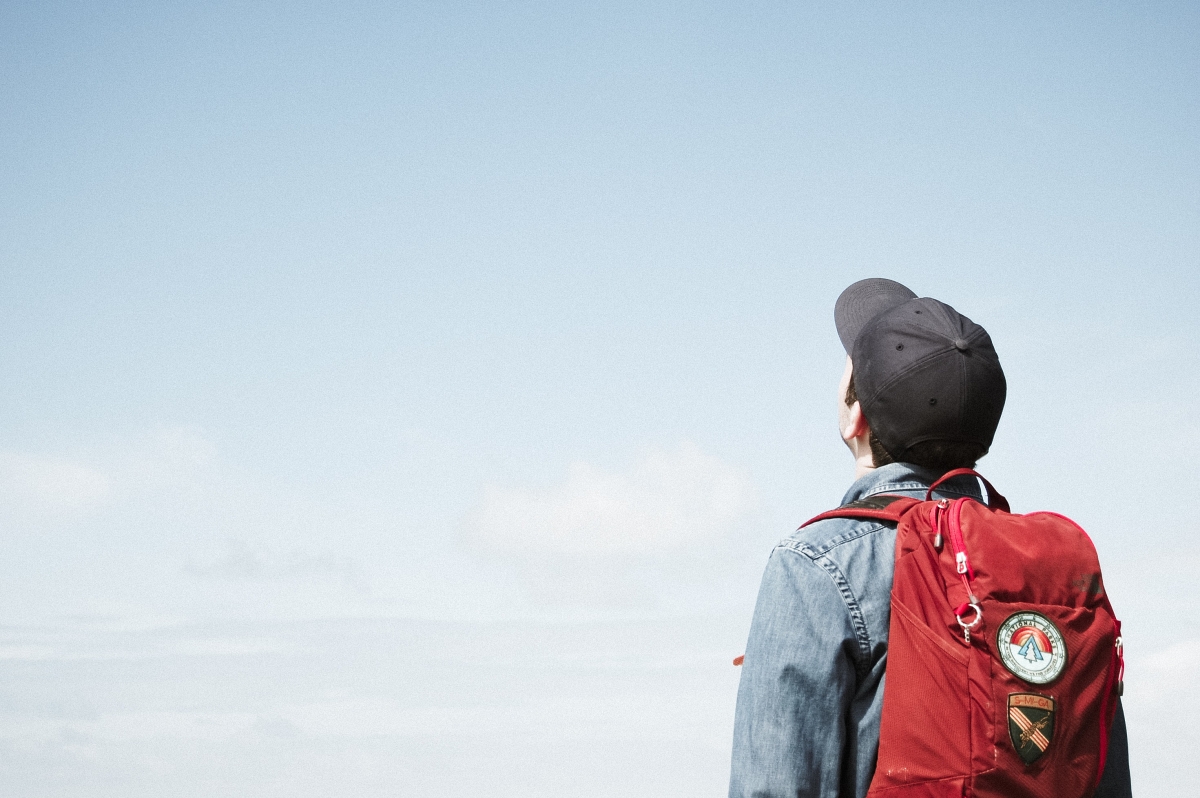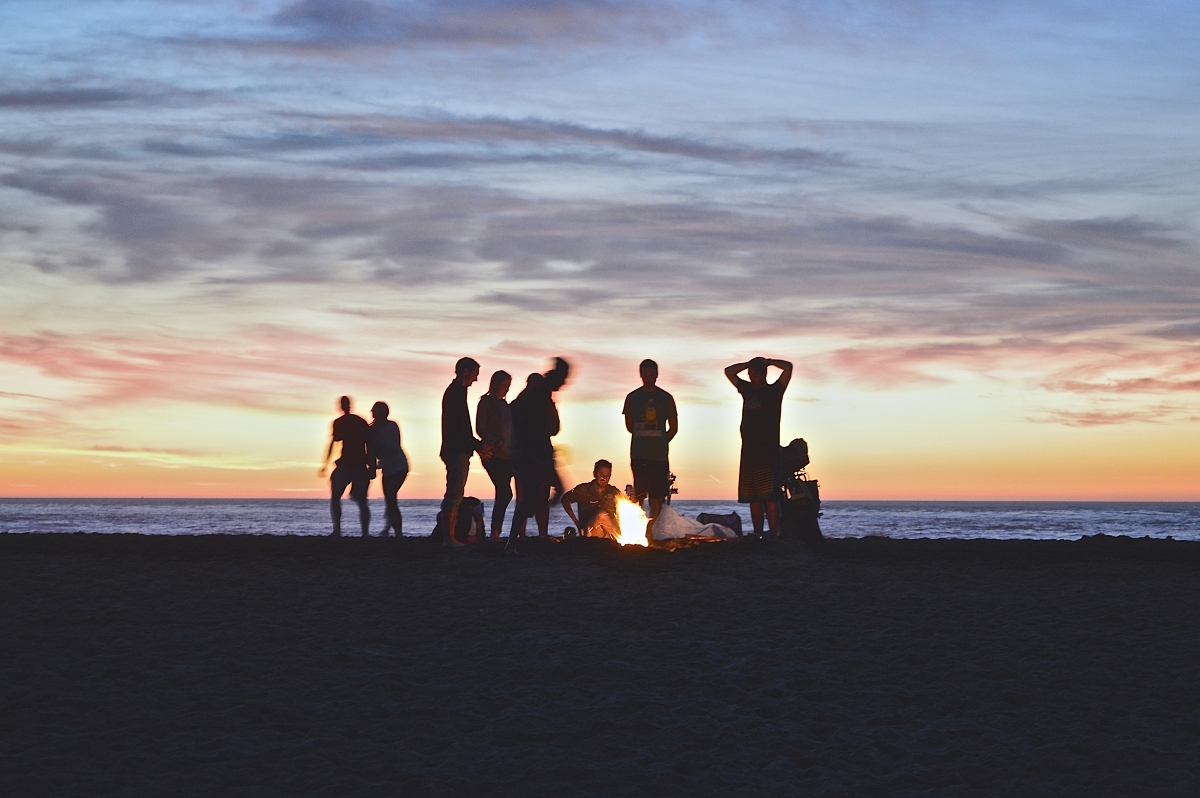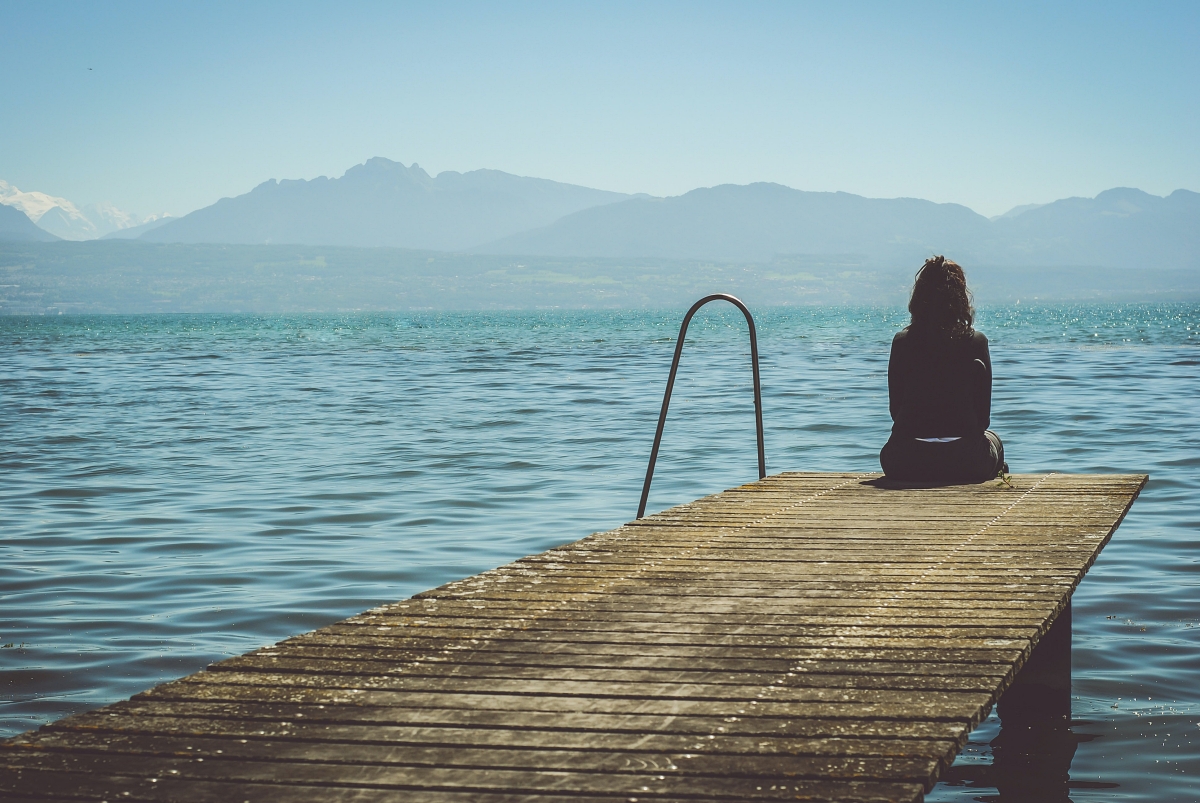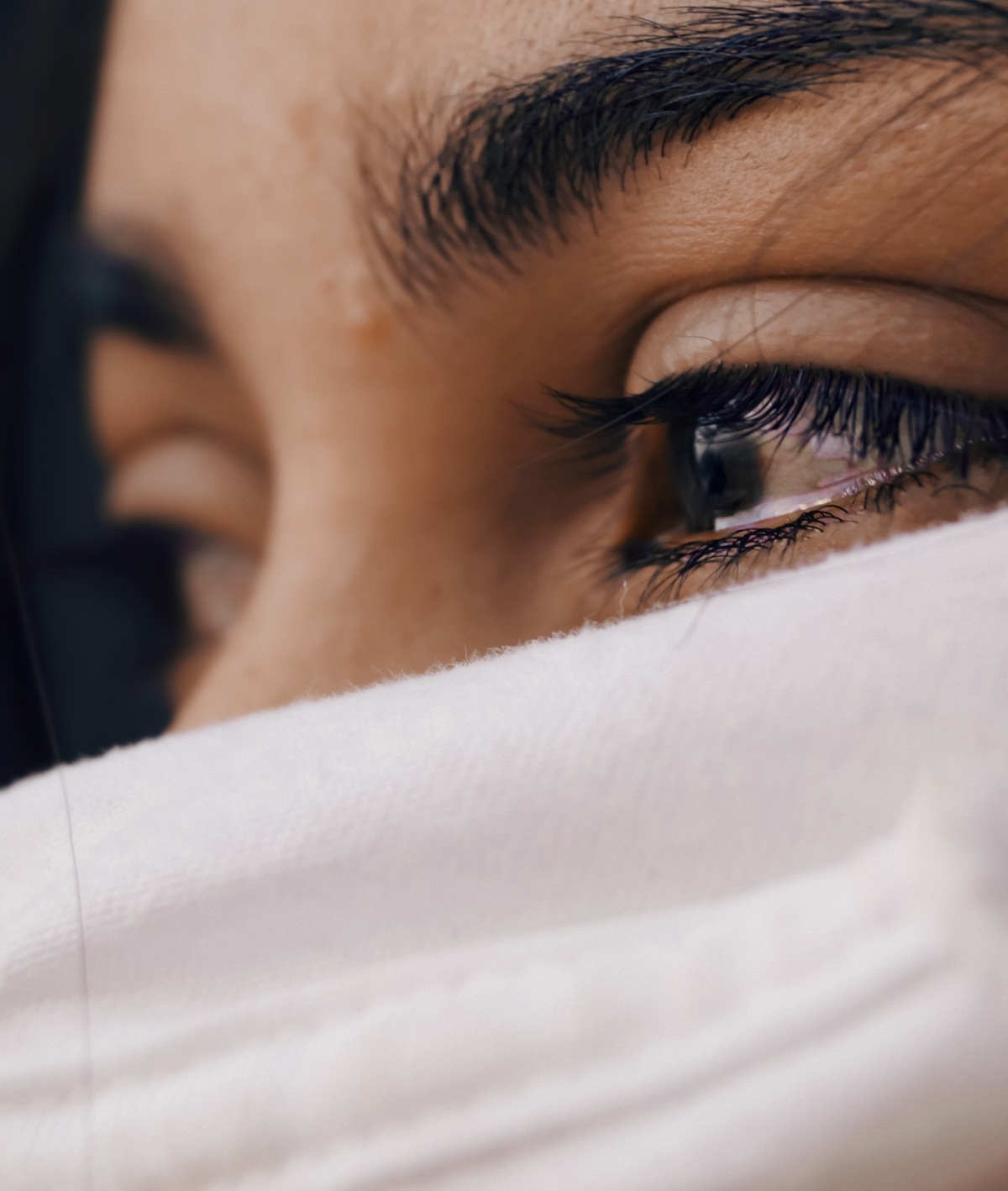Studies Show Young People Are Now Lonelier Than the Elderly
Turns out the stereotypes simply aren’t true.
As we get older the importance of community and friendship carry even more weight. Studies have shown that elderly women in particular gain mental and physical health from their friendships as they age. This is important for the elderly, who may be cut off from friends, family, and may no longer work or drive. But, a series of recent studies in the UK and in the US are now showing that young people are as lonely or lonelier than the elderly.

Picture your own youth and you might remember school dances, staying up late to go to a local diner, or all-night study sessions filled with laughter. These types of events have become less common and less fulfilling for young people in the past few decades. And, research now shows that many young folks feel extremely isolated these days.
A study in the UK, the BBC Loneliness Experiment, surveyed 55,000 people in 2018 and the results were startling. 40% of people aged 16-24 self-reported being “often or very often feeling lonely”. These results held steady regardless of ethnicity or gender. This figure was 13% higher than those aged 72 and older, turning the stereotype of the isolated elderly upside down.

The survey also revealed that people who felt lonely had poorer health and lower levels of trust in other people. While the BBC survey showed that the lonelier people had more online friends than IRL friends, a US study from 2018 from health insurer, Cigna, showed that loneliness levels were not higher for young people who spent more time on social media.
This hints that the isolation many people feel isn’t solely (or even mainly) linked to their online friendships or time spent online. The Cigna study found that 44% of respondents aged 18-22 felt lonely compared with 39% of respondents over age 72. 92% of the older respondents reported feeling close to at least some people in their lives, and having someone they can talk to. This is in opposition to people aged 18-22, 68% of whom said that they didn’t think there was anyone in their lives who knew them well.
A US study from 2021 from Harvard’s Making Caring Common initiative showed that 61% of respondents 19-25 reported feeling “miserable levels of loneliness” at frequent or near-constant intervals.

Being alone can cause what researchers call “insidious stress”. The constant time away from others maybe quiet, controlled, or seemingly peaceful, but it comes with its own type of stress that is harmful to both body and mind. Not surprisingly, many of these problems have only gotten worse following the Covid-19 pandemic, with most people suffering increased isolation and decreased contact with loved ones for long periods of time.
The Prince’s Trust NatWest Youth Index measures the moods and loneliness of UK youth. The recent numbers from this study show that young people in the UK report having “never felt lonelier” than during the pandemic. A majority of these respondents indicated that they felt more anxious than before the pandemic as well.
A US study from 2021 from Harvard’s Making Caring Common initiative showed that 61% of respondents aged 19-25 reported feeling “miserable levels of loneliness” at frequent or near-constant intervals.

Online college courses have largely eliminated in-school interactions for some students and most find it hard to meet people and hold on to lasting friendships. And, young people transitioning through the different stages of life may naturally see friendships come and go at a faster pace than in potentially-steadier periods of life (such as middle age).
Experts agree that daily contact with others and a sense of purpose can be effective remedies for loneliness, and respondents in many cases who had daily contact with others (such as through work, volunteering, or friendships) reported better physical and mental health.
SKM: below-content placeholderWhizzco for DOT

